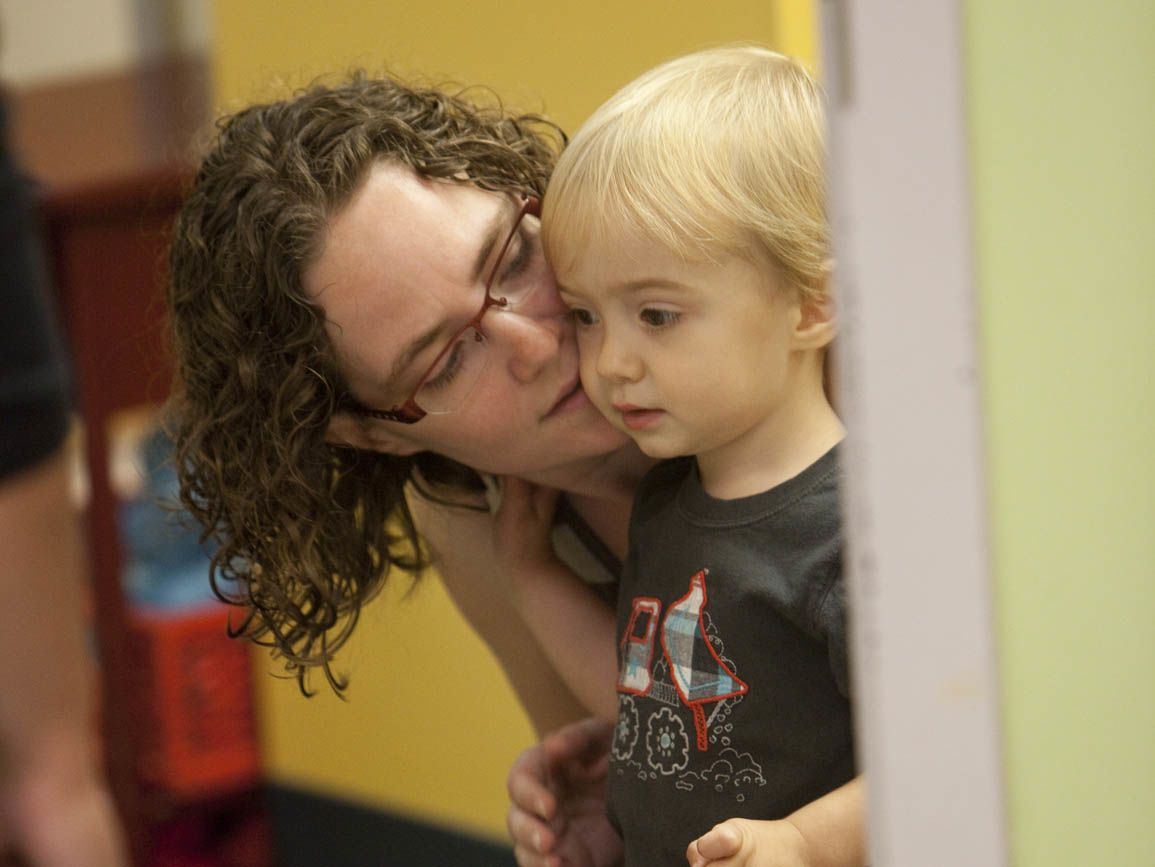We've all had it happen with our children: a temper tantrum in the grocery store, a disagreement with a sibling that becomes physical, or a typically cooperative child turning uncooperative. As parents, these can be the times we feel most alone. We may feel stuck, unsure if a time out is our best option. We may resort to discipline methods that we had decided to never use again. We may be completely competent at everything else we do, but when it comes to our children and discipline, we often feel at a loss and unsure how to get out of a cycle we know isn't working.
When considering alternatives to time outs, here are some basic things to remember:
- While you may occasionally feel at a loss, you have your child's best interests at heart. Congratulate yourself for taking the time to figure out a more effective solution.
- Consider the difference between child discipline and guidance. Discipline is often defined as training that builds self-control and character but that also typically involves submission to authority. Guidance, on the other hand, is defined by the root word: guide. A philosophy of guidance helps children develop their own internal controls, a positive sense of self, and problem-solving skills. With discipline, the control is exerted by the adult; with guidance, the child learns internal controls.
Most early childhood educators have a set of positive techniques at their fingertips which help them guide children’s behavior. The goal is for children to feel confident and competent in their interactions with others. Here are a few "tried and true" positive guidance techniques which can work for parents at home as well as they do for teachers.
Positive Guidance Tips
- Treat children with respect. Children who are treated with respect are more likely to treat others with respect.
- Limit the number of rules. Have a few "family rules" which reflect what is most important to your family. Examples might be "Use positive words when talking about others, for example, "Everyone is home and sits down for dinner together." Your rules will be unique to your family and your values. If possible, have school-age children contribute to the development of your family's rules. Word them positively if you can.
- Give choices. When you can, give at least two choices, with both being acceptable outcomes. "Do you want to wear your brown pants or your green shorts today?"
- Explain reason for the rule. "When you climb on the bookshelf, I get scared that you will fall." Explaining the reasons for rules is not only a great technique for positive guidance, but it also communicates that your child deserves to understand what you are thinking and why.
- Redirect children. Particularly with children under age three, if a child is persisting in a prohibited activity, redirect her to something else instead of giving time outs. Sometimes it is good to pair this with talking about the reason behind the rule. "Lets play over here instead. You are dressed for school and I don't want you to get your clothes wet. Lets try this new game."
- Give warnings. "We are cleaning up your toys in 5 minutes and heading upstairs for bed." Giving a warning shows that you consider your child's play and work important.
- Set limits and follow-through. Sometimes no matter how respectful and understanding you have been, and how many warnings you have given, children continue to push the limits. "I'm not going to clean up." It may be because they are having fun and don't want the interaction with you to end or it might just be that they are tired or filled with emotion and not sure how to move on. They need your positive guidance at that point. Stick with your limit. "Five minutes is up and now it is time to clean-up. Here, let me help you." If limit setting results in tears or a tantrum, stay close by, be reassuring, but stick to the limit of playtime being over. You probably wont be able to or want to rush through the tears or tantrum. "I know you really wanted to play longer. You are really upset. Ill stay by you while you are sad and listen and then well go brush your teeth."
- Listen to children. Listen to their feelings of why certain rules feel unfair. They may have really good alternatives. Remember that children, too, can have good ideas. If you can occasionally let them "have their say" that will go a long way another day. "Remember that yesterday we got to do the thing that you wanted to do? Well today it is daddy's turn and we need to stop at the grocery store on the way home."
- For more guidance, check out this webinar on proactive parenting or this one about positive discipline.
Remember that children are inherently cooperative. If they are treated with respect; if their ideas and feelings are listened to; and if they know what the expectations are, they are less likely to constantly challenge you. Parenting can take all of our patience and flexible thinking at times, but can also be hugely rewarding if we remember to respect the skills and intelligence of our children.





